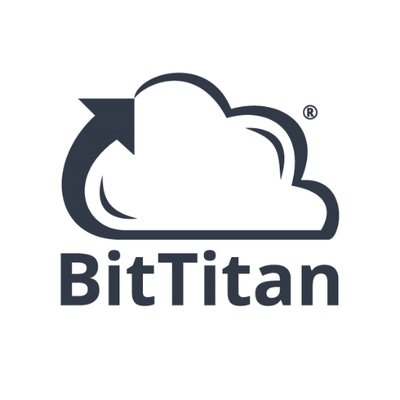Introduction
The United States has established legislation like the Civil Rights Act of 1964 and the Equal Employment Opportunity Act to promote fair hiring practices and prohibit discrimination based on race, color, religion, sex, and national origin. However, organizations still need to be proactive in ensuring their recruitment processes are fair and equal, especially in technical hiring. This guide is aimed at talent acquisition teams, hiring managers, interviewers, and others involved in the technical hiring process. It provides insights on common pitfalls and unfair practices that can occur and offers best practices for creating an inclusive and equitable recruitment process.
Ensuring Equal Opportunity for Engineering Candidates
Ensuring equal opportunity for engineering candidates is important not only for ethical reasons but also for making efficient and effective hires. When organizations prioritize fair and objective recruitment processes, they can access a wider and more diverse pool of candidates, leading to improved productivity and innovation. To reduce bias and ensure equal opportunity, organizations should implement consistent interview questions and assessment criteria directly related to job requirements. Tracking recruitment metrics can also help identify and mitigate biases. By following these steps, organizations can create a more equitable hiring process that aligns with legal and ethical standards and contributes to overall success.
Common Unfair Hiring Practices in Technical Recruitment
In the field of technical recruitment, organizations may unknowingly engage in unfair hiring practices due to time pressure. These practices range from subtle biases to overt discrimination, which hinder diversity and team success. Bias in technical hiring is a pervasive issue that can manifest in resume reviews and interviews. Unconscious biases based on age, gender, race, or educational background can influence hiring decisions and contribute to underrepresentation of women and minorities in the tech industry. Employee referrals can also perpetuate homogeneity. It’s important for organizations to recognize and address these biases. Illegal hiring practices, such as discrimination based on age, gender, race, religion, disability, or sexual orientation, are not only unlawful but also damaging to a company’s reputation. Training recruiting teams and hiring managers to prevent these practices is essential for fostering a diverse and inclusive workplace.
Understanding the Impact of Unfair Hiring Practices
Unfair hiring practices can negatively impact team dynamics, employee morale, and productivity. They can lead to higher turnover rates, diminishing a company’s long-term success and increasing recruitment costs. Additionally, through employer review sites like Glassdoor, unfair practices can damage a company’s reputation and deter top talent from applying. Conversely, a fair and positive recruitment process enhances a company’s reputation and attracts the best candidates. By prioritizing objective and equitable hiring practices, organizations can create a positive workplace environment, safeguard their reputation, and attract top talent.
How to Avoid Unfair Hiring Practices in Technical Recruitment
Creating a fair and objective hiring process is crucial in technical recruitment. Promoting an inclusive technical hiring process starts with a well-crafted job description that avoids discriminatory language and strictly focuses on job requirements. Implementing structured interviews and standardized hiring criteria can significantly reduce biases. It is also important to focus on a candidate’s skills and abilities rather than relying solely on resumes. Technical assessments and coding tests can help evaluate candidates objectively. By following these strategies, organizations can minimize biases and create a more inclusive and equitable recruitment process for engineering candidates.
Source link






















